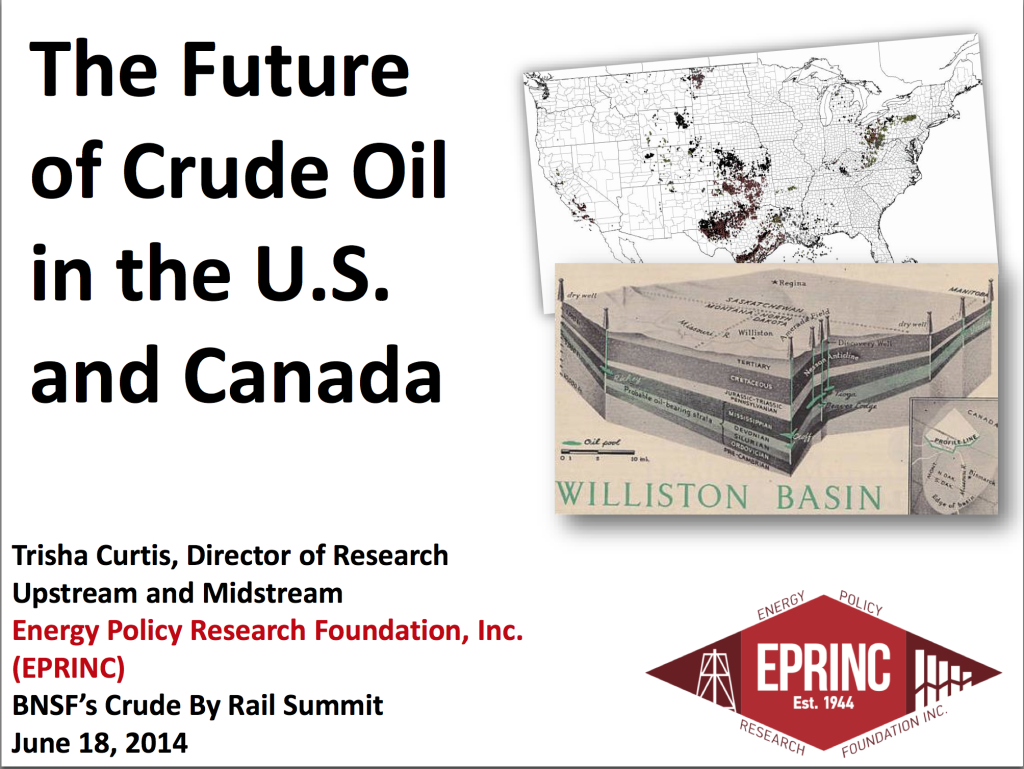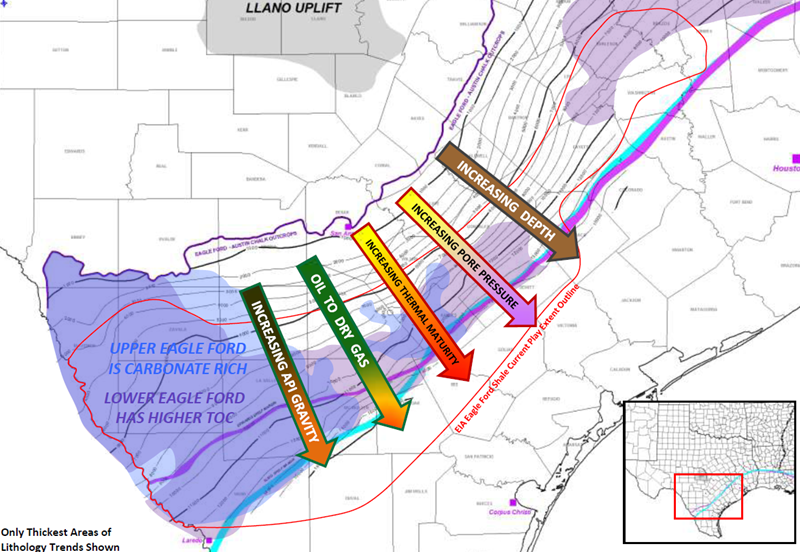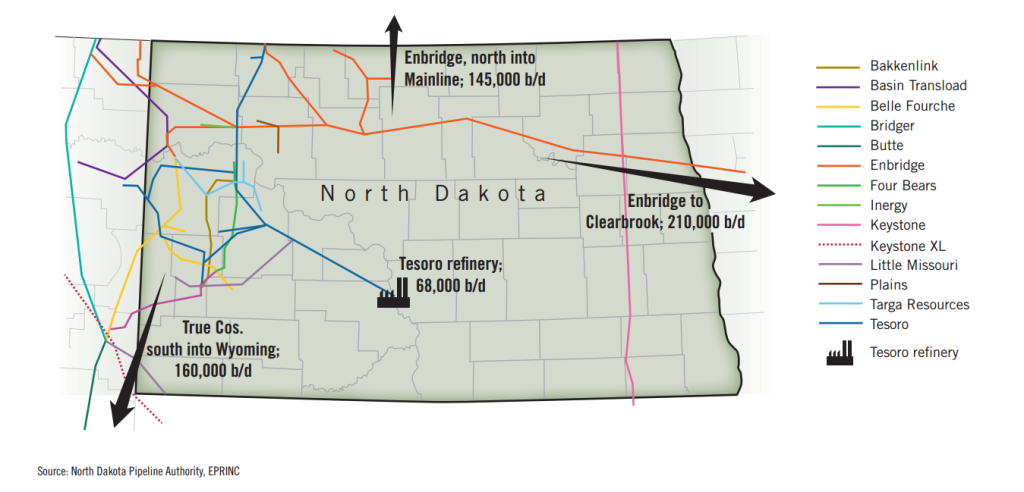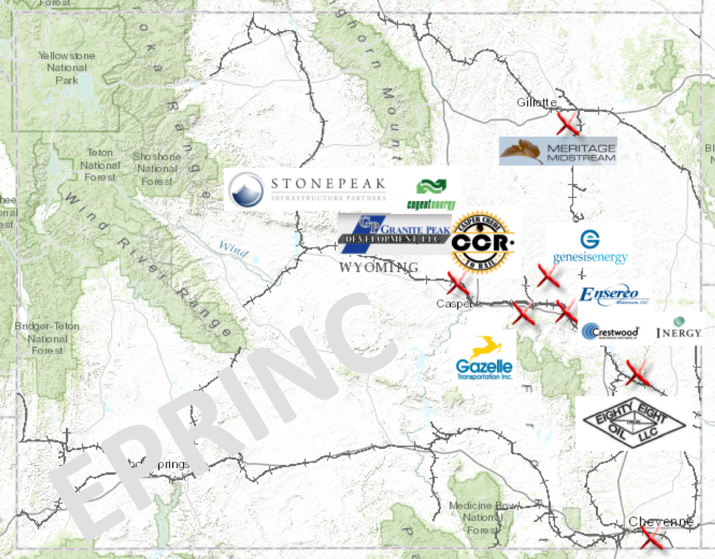


About 75 percent of Bakken oil production travels by rail and as much as 400,000 barrels a day heads to the East Coast, said Trisha





© Energy Policy Research Foundation | 25 Massachusetts Ave NW, Suite 500P (Mailbox 14), Washington, DC 20001 | (202) 944-3339 (Phone) | (202) 364-5316 (fax) | info@eprinc.org
Design & Development by Red Clay Creative